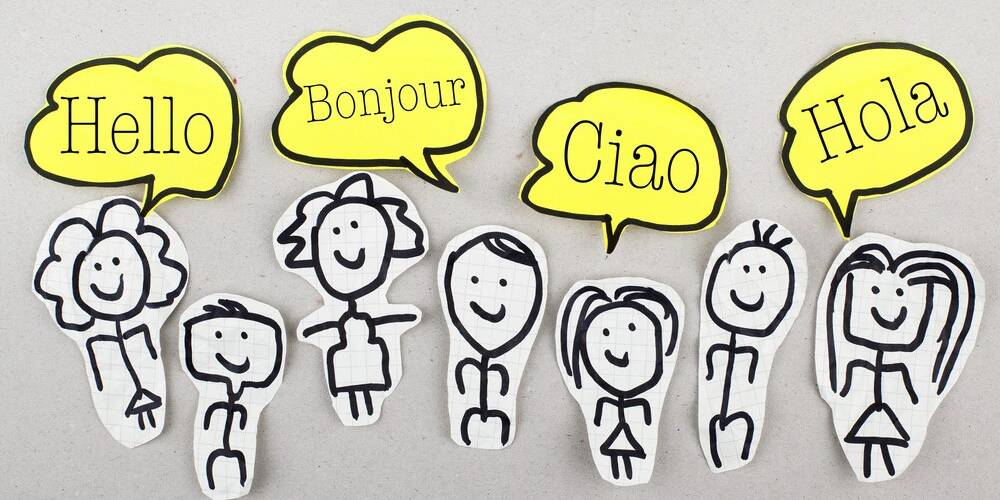Seniors often need a little more help with everyday tasks than younger people.
Almost half of all people above the age of 65 need help with their activities of daily living (ADLs). Help can come from family members, friends, or healthcare professionals.
Whether care is provided by a loved one or a professional caregiver, getting additional support with basic tasks and hygiene can be a great help for older adults. Even when an older individual feels comfortable completing most of their tasks on their own, they might need help with the more complex ones.
Most older adults would prefer to stay in the comfort of their homes and gain community-based support for the tasks that they find challenging. The alternative option is entering a residential home if the individual requires more intensive care.
Tasks that younger adults can complete with ease can be challenging for older adults. Things like food preparation and cooking, washing and bathing, and getting dressed.
In this article, we will cover the common everyday tasks that older adults often struggle to complete on their own. If you have older parents or relatives, they might need help with some of these tasks.
1. Washing and Bathing
Older adults can struggle to balance and stand up properly, which can make showering difficult. They can also struggle to reach certain areas of their body, such as their back, making it hard to practice proper personal hygiene.
If they have a bath at home, it can be hard to climb into the bathtub. If the side of the bathtub is too high, it increases the risk of falls and injuries.
Bathrooms are particularly concerning when it comes to the health and safety of older adults. They are moisture-prone areas with slippery floors, and those with limited mobility and balance can easily take a fall.
There are bathroom modifications that can be completed to make things easier for older adults to wash and bathe. Installing a walk-in tub with shower can make daily washing safer and reduces the risk of slips and injuries.
Handrails are another great option to increase safety in the bathroom. Older adults can hold onto the handrails to stabilize themselves as they wash.
Personal carers can help elderly individuals to bathe each morning if home modifications are not enough to keep them safe. Carers can help patients to get into the shower or bathtub, or wash in a chair if it’s easier.
2. Meal Preparation and Feeding
Preparing and cooking meals can become difficult for older adults when their mobility and sight are limited. Because of the challenges of preparing and eating food, they can often give up and stop eating properly.
Nutrition is important for everybody and it becomes particularly important for older adults. Family members, friends, or professional caregivers can help with the preparation and cooking of breakfast, lunch, and dinner to ensure the elderly individual is getting adequate nutrition.
Sometimes, qualified dietitians and nutritionists can provide additional support by creating personalized meal plans for their older patients. They can liaise with the older adult and their family to include meals that the elderly person is going to enjoy the meals while also making sure that they are healthy and nutritious.
A lot of older adults require help with eating as well. They might struggle to hold cutlery in their hands, or they might lack the motivation to eat each day.
Loved ones or professionals can assist with eating at meal times, either by providing encouragement or by physically feeding the older adult themselves.
3. Taking Medications
Seniors tend to need more medications than younger adults to tackle the common problems that come with ageing. For example, many older adults are on blood pressure medications, heart medications, blood-thinning drugs, and more.
As easy as it can be to take medications, older adults can find it difficult to swallow tablets or they might forget to take them. But if an older adult forgets to take their medications, it can lead to complications or a decline in health.
This is where the support of family members or professional carers is important. They can make sure that the older adults are taking the medications that they need to maintain as healthy a body and mind as possible.
4. Cleaning and Laundry
Household chores can be a challenge when mobility is limited and cardiovascular function is reduced. Older adults can get tired more easily and they might struggle to vacuum, mop, or wipe around their homes.
Even if an elderly adult can still clean around their home, the risk of falls and injuries increases over time. They might be able to wipe superficial surfaces but struggle to reach the back of cupboards, the area behind the toilet, or around the sides of the bathtub.
Often, it’s easier and safer for professional carers or cleaners to help with the housework. They can get to the hard-to-reach places to keep every room clean and tidy.
Laundry is also a tough task for elderly individuals. Bending down to put clothing in the washer or hanging them out to dry is often difficult, and it can be safer to either take the washing to a laundrette or get a family member to help out.
5. Mobility and Transportation
Mobility is one of the most common issues amongst the elderly. Whether they are slower to walk, need a walking frame, or use a wheelchair, they can struggle to get around as much as they once could.
Home modifications and aids can make mobility more manageable, such as handrails, ramps, and widened doorways. Adjustable beds and chairs are also great for making sitting, standing, and lying down easier.
Getting out and about can also become harder with age. Some older adults no longer feel confident driving in a car, or they are physically unable to drive because of poor vision or joint mobility.
Family members and friends can offer to drive the elderly individual around when they need to leave their home. There are also professional services for the elderly that provide regular private transportation for them to go to the grocery store or the doctor’s surgery when needed.




